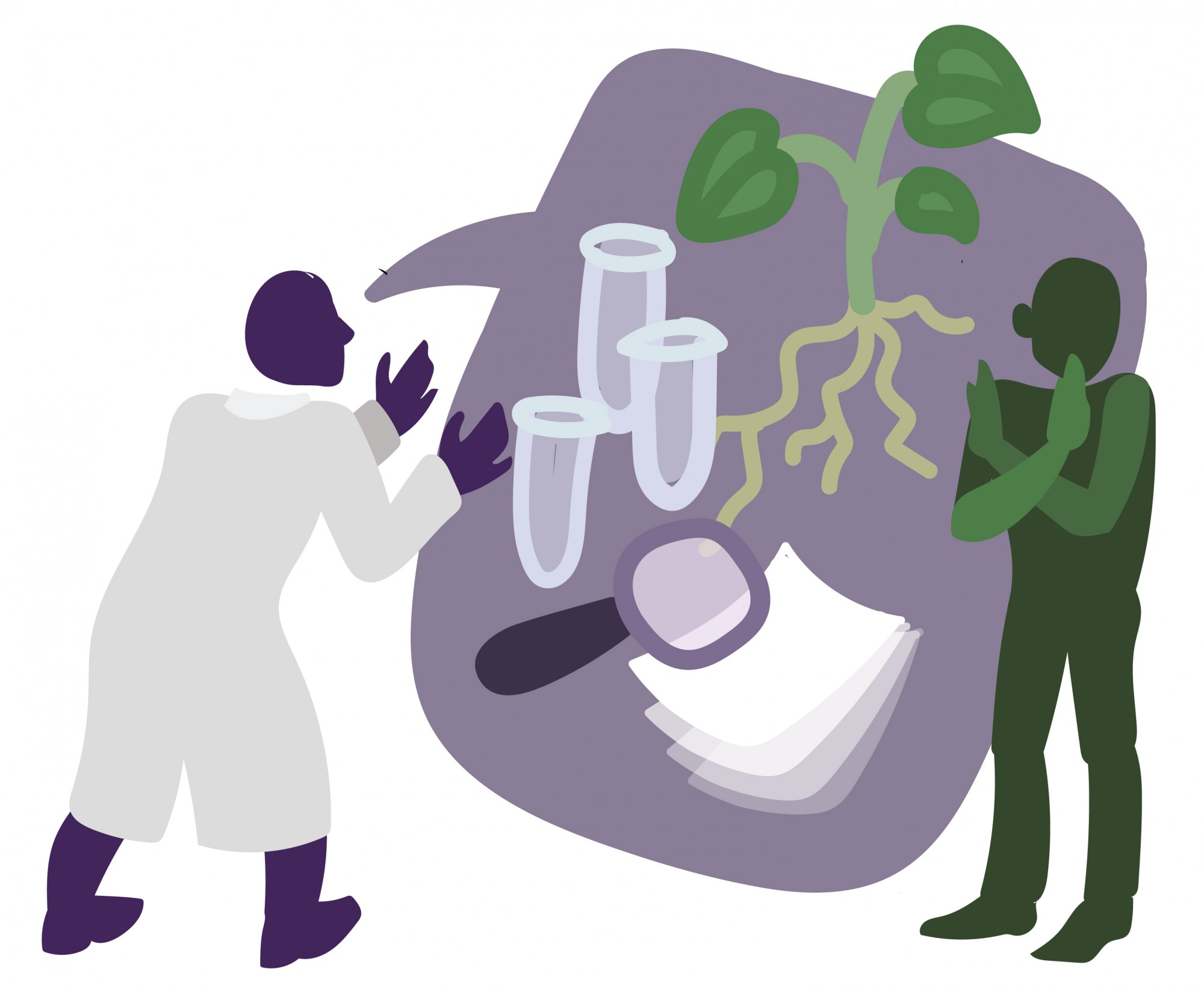The University of Minnesota is monitoring plant and animal studies as researchers adjust to new guidelines during the coronavirus pandemic.
Because animal and plant studies rely on the use of chemicals, animal feed and other materials to function, delays in the delivery of these products due to COVID-19 pose a risk to ongoing research. The changes in guidelines come as the University switches to remote work and with concern that research may not be able to continue.
“UMN researchers are working from home unless there is an extraordinary and college-recognized need to be on-campus or on-site,” said Chris Cramer, vice president for research, in an email to the Minnesota Daily. “For example, animal care, irreplaceable cell lines and laboratory equipment that requires gas or cryogenic monitoring.”
For studies that involve the use of animal test subjects, only research deemed critical by the University will continue, and no new studies will begin unless they directly relate to COVID-19. Researchers have been advised to cease animal breeding and consider euthanasia if other alternatives are not viable.
“We are staying in contact with suppliers so we know of [material] delays. We are also worried about workers, and taking care of our animals is the biggest concern,” said Sally Noll, a University professor of animal science and turkey nutrition specialist.
Plant research is also likely to be affected by material delays due to COVID-19, as new crops need to be planted within a specific time frame, said Associate Professor and Extension Agronomist Seth Naeve.
“If we don’t think we’re able to plant the crop and maintain it all summer, harvest it and gather all the data from it all the way through October without some sort of disruption because of this issue, the end result is that we’re not going to be able to fulfill that research,” Naeve said.
With nonessential research halted across the University, previously awarded grants and funding will potentially go unfulfilled, Noll said.
“Funding agencies are, frankly, developing guidance in real time … Most are now permitting project personnel to be paid even if they are not able to devote work to the project because of COVID-19,” Cramer said in an email. “We expect extensions of award periods to be made in many instances to permit work to resume and continue once the situation permits that.”
Although the long-term effects of limited plant and animal research are yet to be seen, the University’s main concern remains the safety of staff and students, Naeve said.
“Everybody’s more concerned about their employees and their students,” Naeve said. “That’s really where it comes down to, and everybody understands that this is the product that we’re working with.”













